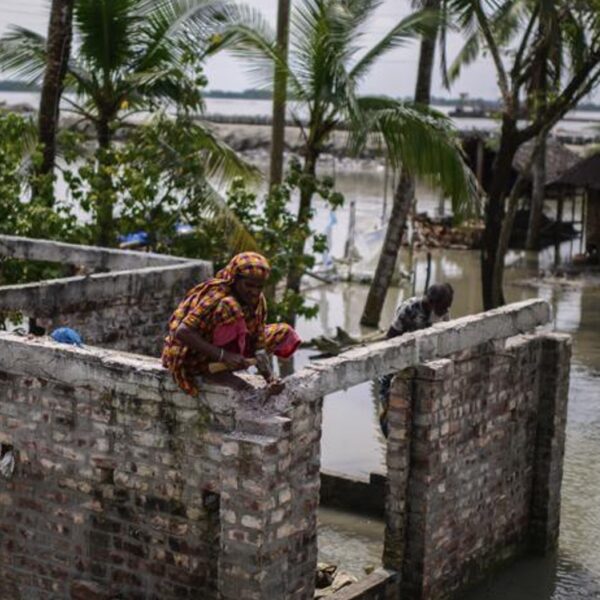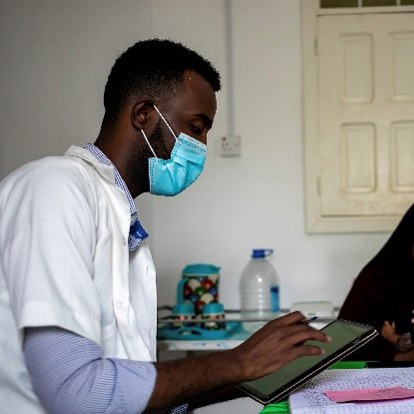September 2023 – March 2025
Researchers use Life Cycle Assessments (LCAs) to determine real impact of greenhouse gas (GHG) emissions in supply chains and in specific sectors such as energy, textiles or transport. However, there is currently a lack of complete LCAs done in the context of procuring, transporting and disposing of essential humanitarian aid items in the field. To fill this gap, the team will, in collaboration with peers, calculate emission factors for selected humanitarian aid items known to contribute significantly to GHG footprints; outline key parameters to consider optimizing decarbonization of humanitarian supply chains; feed these factors into an open-source database specially-developed for the humanitarian sector, which will be maintained in the future by the Climate Action Accelerator (CAA). Learn more about the project here.
Expected impact: Supporting the ICRC’s (and the broader humanitarian sector) Environmental Roadmap and improving the ICRC’s internal carbon accounting tool as well as the Humanitarian Carbon Calculator (HCC) for humanitarian organizations.
EPFL Research Group: Dr. Klaus Schönenberger (Director of EssentialTech Center), Dr. Cara Tobin (Scientist at EssentialTech) and Dr. Sascha Nick (Researcher at ENAC Laboratory of Environmental and Urban Economics).
ICRC: Kathrine Vad (Environment and Climate Change Advisor at the Executive Office of the Director-General).
Partners: Bruno Jochum (Director of the Climate Action Accelerator).
Photo: ICRC

